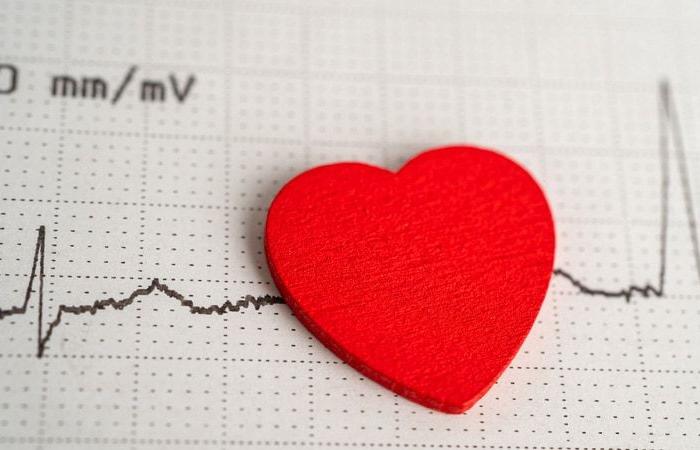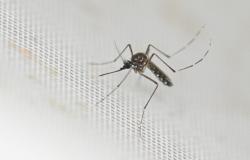France – Is there a day of the week that is more likely to cause heart attacks? It seems so. During a poster session at the Urgences-SFMU 2024 conference devoted to acute coronary syndrome, the emergency physician Gaëlle Le Bail (SAMU-92, APHP Hôpital Raymond-Poincaré, Garches) and his colleagues confirmed an increase in STEMI+ infarctions on Mondays, at least in Ile-de-France [1].
Maximum incidence on Monday
Last year a study presented at the congress of the British Cardiovascular Society (BCS) in Manchester showed a 13% increased risk on Mondays compared to other days of the week. To obtain these results, researchers from Belfast Health and Social Care Trust and the Royal College of Surgeons analysed data from 10,528 patients admitted to Irish hospitals between 2013 and 2018, and only STEMIs were taken into account. [2].
This observation – of a higher frequency of cardiac accidents at the beginning of the week – which had already been observed, had caused a lot of talk. A team of emergency doctors wanted to know if we found this same trend on French soil, and particularly in Ile-de-France.
To find out, she relied on the prospective E-Must register which lists all SCA ST+ patients (
The study included 20,325 patients from the registry (77.5% men and 22.5% women, median age 61 years) between 2014 and 2022. By comparing expected incidences (=1/7) and observed by day of the week, the researchers calculated the relative risk by day and the results were once again consistent. With an incidence of 3,104 (p=0.005) compared to an expected incidence of 2,904/day, Monday stands out from other days of the week for its high frequency of infarction (+200), while a minimal incidence is observed on Saturday (2,799) and no significant difference is noted on other days.
Role of circadian rhythm?
Asked about the possibility of bias such as “I waited until Monday to call emergency services,” Gaëlle Le Bail refuted it by assuring that, in all cases, the time between pain and taking charge was of the same order (124 minutes). She also ruled out the impact of travel times depending on traffic conditions. Among the most plausible reasons to explain this “blue Monday”, the emergency physician rather mentioned the potential involvement of the circadian rhythm and the role of stress – which should be explored further.
The emergency physician concluded, at the end of his presentation, that there was a real significant increase in ST+ SCAs on Mondays, compared to Saturdays – and only on Mondays! – and called on regulators to be vigilant on the first day of the week.






